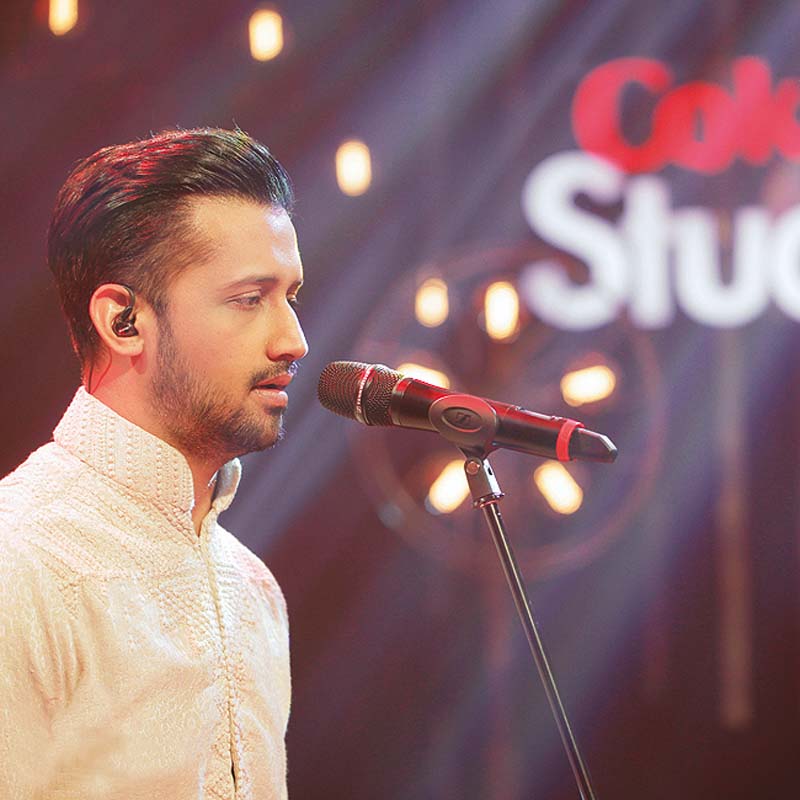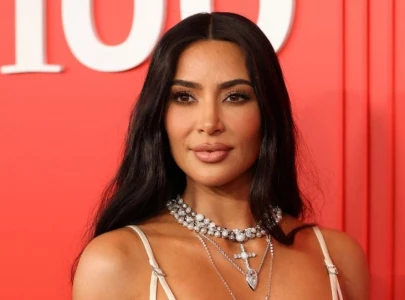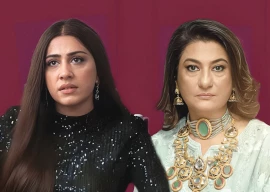
Speaking to The Express Tribune, Atif revealed, “Tajdar-e-Haram was actually produced by songwriter Shiraz Uppal.” Atif had initially planned to keep the track for himself and had Shiraz arrange the music. “When Coke Studio approached me, I thought why not perform it on the show,” he added. He shared he brought Shiraz on-board to give the producer a feel of Coke Studio.
If we go against item numbers, we can produce better music than Bollywood: Atif Aslam

When approached for a comment, Shiraz said Atif is his long-time collaborator. “He had approached me because he wanted to do a modern version of the qawwali. We took the CD to Coke Studio where he performed the same version.” It’s interesting to note that neither was Shiraz’s name mentioned in the song credits nor did he appear in the BTS clip that showcases the song-making process.
The composition, which helped qawwali giants Maqbool Ahmed Sabri and Ghulam Fareed Sabri cement their identity, received mixed reactions from all sides. While a comparison with the original and an evaluation based on the aesthetics of qawwali are both unfair and unyielding, the attempt certainly wouldn’t have made the mighty Sabris turn in their graves.
In an interview with The Express Tribune, Ghulam’s son, qawwal Amjad Sabri, threw weight behind Atif and said, “I really like how the music was arranged. Atif didn’t do badly. I wish he could have worked on his diction a little more though.” He had, however, confirmed that the show’s team did seek permission from him “to pay tribute to abba ji’s kalaam.” The cover of the hit qawwali, originally done by Sabri Brothers, stands at 9.5 million views on YouTube and 4.5 million views on Facebook.
Published in The Express Tribune, December 28th, 2015.
Like Life & Style on Facebook, follow @ETLifeandStyle on Twitter for the latest in fashion, gossip and entertainment.

1731914690-0/trump-(26)1731914690-0-165x106.webp)















COMMENTS (5)
Comments are moderated and generally will be posted if they are on-topic and not abusive.
For more information, please see our Comments FAQ